Over the years, slip and fall accidents have become a common concern in public and private spaces. If you find yourself a victim of such an incident, it’s important to understand your legal rights and the steps you can take to seek compensation. This guide will provide you with vital information to navigate the process effectively, including how to gather evidence and file a claim. For more details, visit A Guide About Making Slip, Trip and Fall Claims.
Key Takeaways:
- Legal Obligation: Property owners have a legal duty to maintain safe conditions and can be held liable for slip and fall accidents occurring due to negligence.
- Evidence Collection: Gathering evidence, such as photos of the accident site and witness statements, is vital in establishing your claim.
- Time Limits: There are time limits for filing a claim, known as the limitation period, which typically is three years from the date of the accident.
Understanding Slip and Fall Accidents
Your awareness of slip and fall accidents is important for ensuring your safety and understanding your rights. These incidents can occur in various settings, including public places, private properties, and workplaces. Often, such accidents happen due to hazards like wet floors, uneven surfaces, or poor lighting, leaving you at risk for injuries that may affect your life and livelihood.
Definition and Common Causes
One common definition of a slip and fall accident is any incident where an individual slips, trips, or falls due to unsafe conditions. Key causes often include wet or icy surfaces, loose carpeting, poorly maintained stairs, and obstacles in walkways, all of which can create dangerous situations that lead to unexpected injuries.
Legal Implications in the UK
By understanding the legal implications of slip and fall accidents in the UK, you can better navigate potential claims and liabilities. Under the Occupiers’ Liability Act 1957, property owners have a duty to ensure their premises are safe for visitors, which means they could be held responsible for your injuries if negligence is proven.
Plus, the legal process can involve gathering evidence, witness statements, and sometimes even expert opinions regarding the safety of the location where the accident occurred. If you sustain injuries, it’s important to document the accident scene, seek medical attention, and consider consulting a legal professional to help you evaluate your options for compensation, ensuring your rights are upheld.
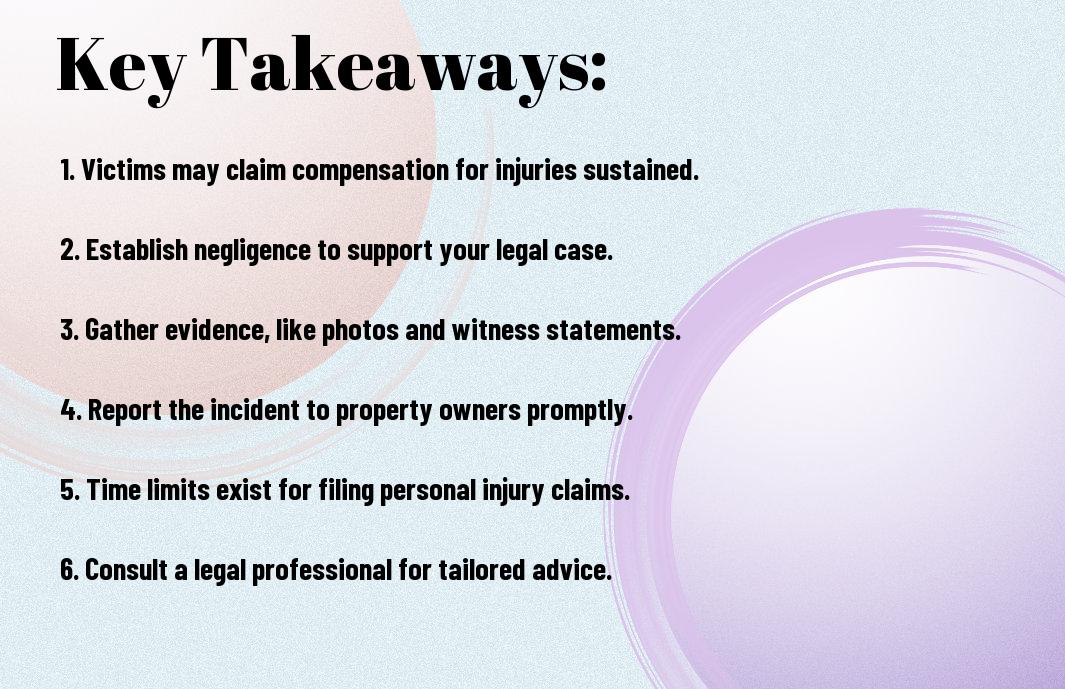
Establishing Liability
One of the key elements in a slip and fall case is establishing liability, which refers to determining who is responsible for the accident. To succeed in your claim, you must show that the property owner or occupier was negligent in maintaining a safe environment. This often involves proving that hazardous conditions existed and that the responsible party failed to address or warn about these dangers in a reasonable time frame. By gathering evidence and documenting the incident, you can strengthen your case for compensation.
Property Owner Responsibilities
Beside being aware of potential hazards, property owners have a duty to regularly inspect their premises and address any dangerous conditions. This includes maintaining walkways, ensuring proper lighting, and removing any obstructions or spills. If you can demonstrate that a property owner neglected these responsibilities, it may significantly bolster your claim. Understanding these obligations is key to determining if they were met in your situation.
The Role of Negligence
Liability in slip and fall cases often hinges on the concept of negligence, which refers to the failure to take reasonable care in preventing harm to others. To establish negligence, you need to show that the property owner knew, or should have known, about the hazardous condition and did not act accordingly. This involves proving that their inaction directly led to your injury, which is crucial for securing the compensation you deserve.
Even minor oversights can lead to significant injuries in slip and fall accidents. For instance, if a property owner ignored a wet floor sign or allowed broken tiles to remain unfixed, their negligence can be clearly highlighted. This lack of action often breaches the duty of care owed to visitors, making it possible for you to hold them accountable for your injuries. By collecting evidence, such as witness statements and photographs of the site, you establish a solid foundation for your claim by illustrating how negligence played a role in your accident.
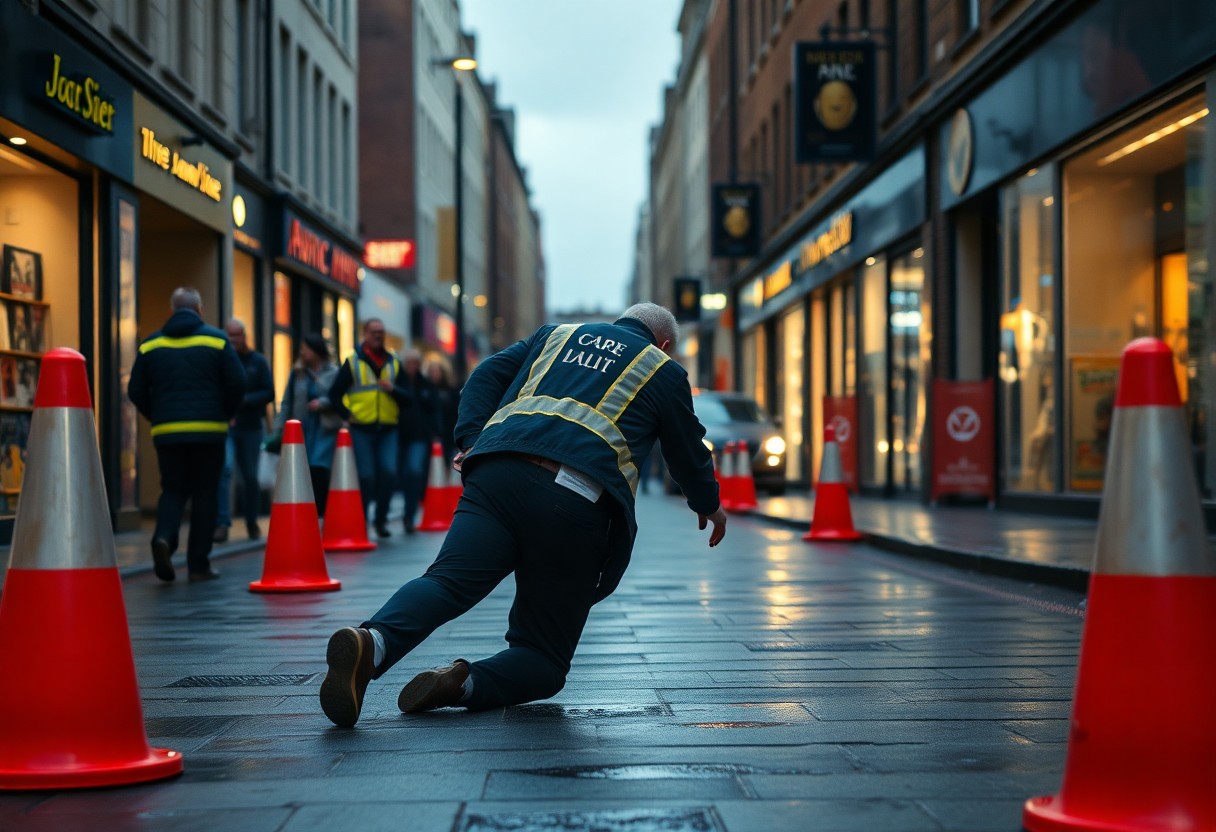
Gather Evidence at the Scene
Unlike many other incidents, slip and fall accidents require immediate action to gather evidence at the scene. As the injured party, you should document everything thoroughly. This includes taking photographs of the area, identifying potential hazards, and noting any relevant details. For more information, refer to the Slip, Trip And Fall Compensation Claims Guide.
Documenting the Accident
Evidence collected at the scene serves to support your case. Make sure to take clear photographs of the accident site, showing the conditions that caused you to fall. Note the time, date, and place of the accident while also writing down any details that may have contributed to the incident.
Witness Statements
On your way to establishing a strong case, gathering witness statements can be invaluable. Speak with anyone who saw the accident happen; their accounts can provide crucial context about the event leading to your injury.
Witness testimonies can significantly strengthen your claim by corroborating your version of events. Be sure to collect their names and contact information, and ask them to describe what they observed. Their support can reinforce your narrative and may hasten the process of obtaining the compensation you deserve.
Reporting the Incident
Despite the shock of a slip and fall accident, it is vital to report the incident as soon as possible. Documenting the event helps establish the details of the accident, which is vital for any potential claims. For detailed guidance on the legal aspects of slip and fall claims, refer to the Guide to Slip and Fall Claims under UK Law – Qredible.
Notifying Property Owners
Owners of the property are typically responsible for ensuring safety standards are met. You should promptly inform them about your accident, providing details such as the time, location, and circumstances. This notification may help prevent similar incidents in the future and establish a basis for your claims.
Filing an Official Report
Reporting the incident to the relevant authorities ensures that there is an official record. This can be important for substantiating your claims later on. Proper documentation may include details from witnesses, photos of the accident scene, and any evidence that showcases negligence on the property owner’s part.
Due to the potential legal ramifications, it is advisable to file an official report with local authorities immediately following your incident. This can involve writing a formal statement or filling out a specific report form as required by the authority. Having an official record can support your case if you decide to pursue a compensation claim, solidifying your account of what occurred during the accident.
Seeking Legal Advice
Not seeking legal advice after a slip and fall accident can hinder your ability to pursue compensation. It’s necessary to understand your rights and the legal processes involved in making a claim. Legal advice can provide clarity on your options, helping you navigate the complexities of personal injury laws in the UK. Consulting a solicitor ensures you are well-informed and prepared to address the challenges that may arise during your case.
When to Consult a Solicitor
For those involved in a slip and fall accident, consulting a solicitor is important if you experience injuries or significant property damage. Early legal guidance can help you gather evidence, understand liability, and determine the potential for a successful claim. Additionally, if the accident occurred on someone else’s property or involved a public area, professional legal support is advisable to uphold your rights effectively.
Choosing the Right Legal Representation
Choosing the right legal representation is key to the success of your claim. You should seek solicitors with experience in personal injury law and a track record of handling slip and fall cases. It’s also wise to look for lawyers who offer a no-win, no-fee agreement, ensuring you don’t face unnecessary financial risk. Conducting thorough research and reading client testimonials can help you make an informed decision about who to trust with your case.
Advice from peers and online reviews can significantly shape your choice when selecting legal representation. You want a solicitor who not only understands the nuances of slip and fall cases but also values clear communication and a personal approach. A good relationship with your lawyer can enhance collaboration as you navigate the legal process, making it necessary to choose someone you feel comfortable with and who listens to your concerns and needs.
The Claims Process
Now that you are aware of your legal rights, it’s necessary to understand the claims process for a slip and fall accident in the UK. This process can seem daunting, but with the right guidance, you can navigate it successfully. You will need to collect evidence, assess your injuries, and seek legal advice to ensure that you are adequately compensated for your suffering and losses.
Steps to File a Claim
For a successful claim, you should begin by gathering comprehensive evidence surrounding your accident. This includes photographs of the accident scene, witness statements, and medical records. Next, consult with a personal injury solicitor to help you evaluate your options and determine whether you have a valid case. Once you’re ready, your solicitor will assist you in submitting a formal claim to the responsible party or their insurance company.
What to Expect During the Process
Against your expectations, the claims process can be lengthy and requires patience. After your claim is filed, the responsible party will typically respond with their account of the incident, which may lead to negotiations regarding compensation. This back-and-forth can require additional evidence and sometimes even expert testimonies to establish liability.
Plus, the process often involves potential mediation or court proceedings if an agreement cannot be reached. Be prepared for multiple communications throughout this phase, as your solicitor will gather necessary documentation and conduct negotiations on your behalf. It’s necessary to stay actively engaged and informed during this period, as your input may be required at various stages, ultimately affecting the outcome of your claim.
Conclusion
Taking this into account, understanding your legal rights in the event of a slip and fall accident in the UK is imperative for protecting yourself. If you find yourself injured due to someone else’s negligence, you have the right to seek compensation for your injuries and losses. Familiarize yourself with the claims process and gather necessary evidence to support your case, as this will empower you to make informed decisions during your recovery. By knowing your rights, you can take the appropriate steps to ensure justice is served.
Q: What constitutes a slip and fall accident in the UK?
A: A slip and fall accident involves an individual losing their balance and falling due to hazardous conditions on a property. This can include wet floors, uneven ground, poor lighting, or obstacles in walkways. In the UK, if the accident occurs on someone else’s property due to negligence in maintaining safe conditions, the property owner may be held liable for any injuries sustained.
Q: What are my legal rights if I experience a slip and fall accident?
A: If you suffer a slip and fall accident, you have the right to seek compensation for your injuries. This includes the right to claim damages for medical expenses, lost earnings, pain and suffering, and any other expenses directly related to the accident. It’s important to gather evidence, such as photographs of the scene and witness statements, to support your claim.
Q: How long do I have to make a claim after a slip and fall accident?
A: In the UK, you typically have three years from the date of the accident to file a personal injury claim. However, if the injuries are not immediately noticeable, the three-year period may begin when the injuries become apparent. It’s advisable to seek legal advice as soon as possible to ensure you do not miss any deadlines related to your claim.
Q: What should I do immediately after a slip and fall accident?
A: Immediately after a slip and fall accident, prioritize your safety and health. Seek medical attention for any injuries, even if they seem minor. Report the incident to the property owner or manager and document the scene by taking photographs and gathering witness contact information. Additionally, keep records of any medical treatments and expenses incurred, which will be important for your claim.
Q: Can I claim compensation if I was partially at fault for the slip and fall accident?
A: Yes, you can still pursue a claim even if you bear some responsibility for the slip and fall accident. In the UK, the principle of “contributory negligence” applies, which means your compensation may be reduced in proportion to your level of fault. For example, if you are found to be 30% responsible for the accident, your compensation could be reduced by that amount. It’s important to consult with a legal professional to evaluate your case.
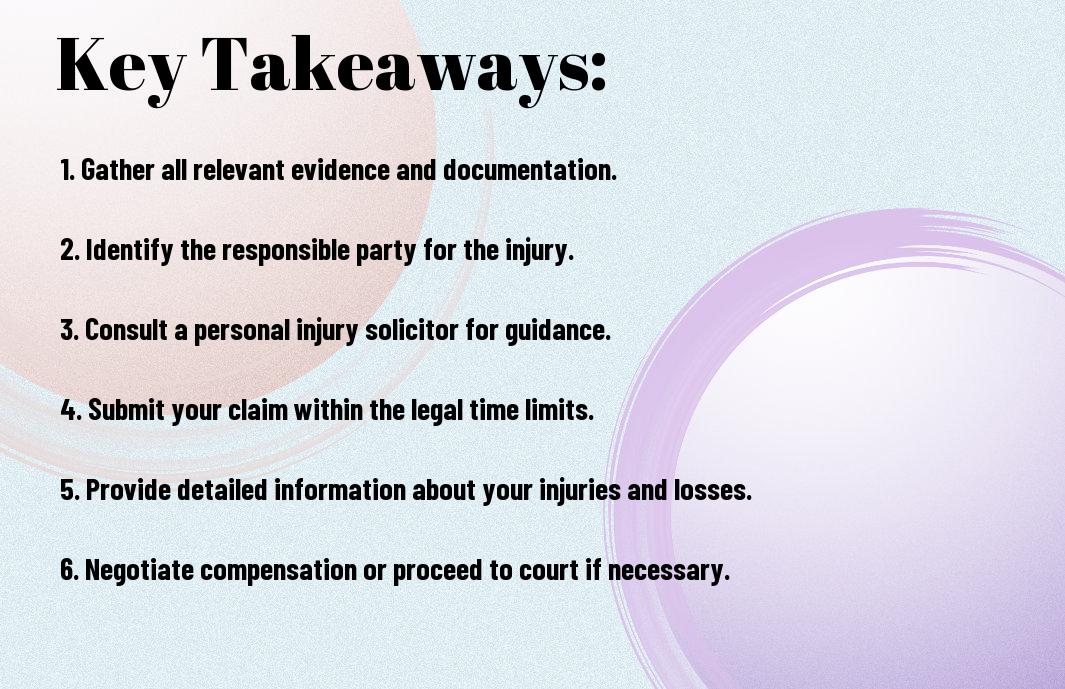
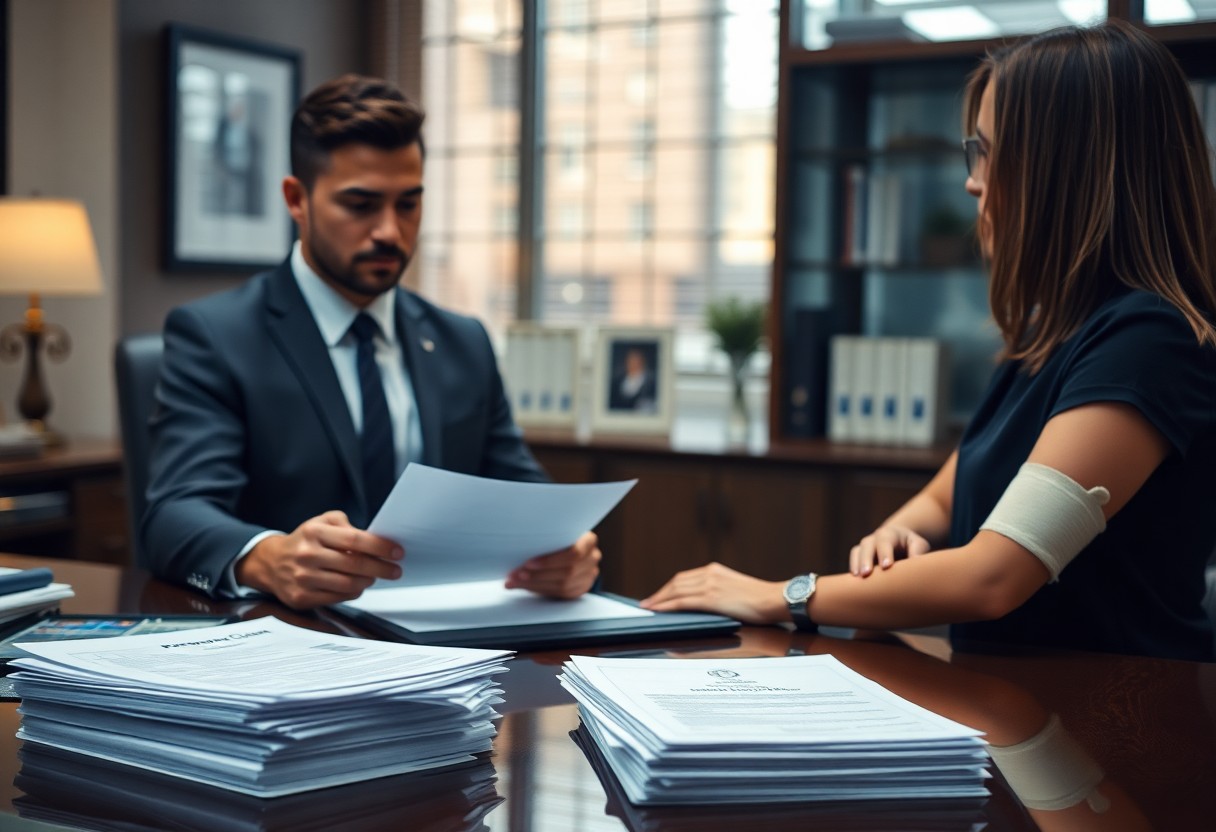
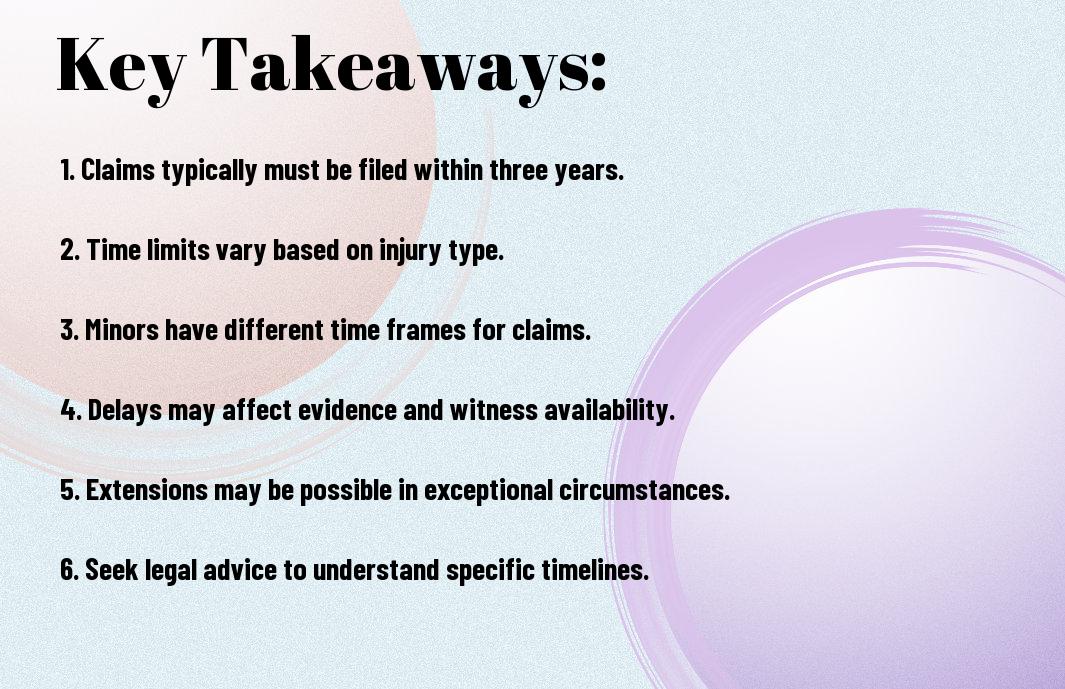
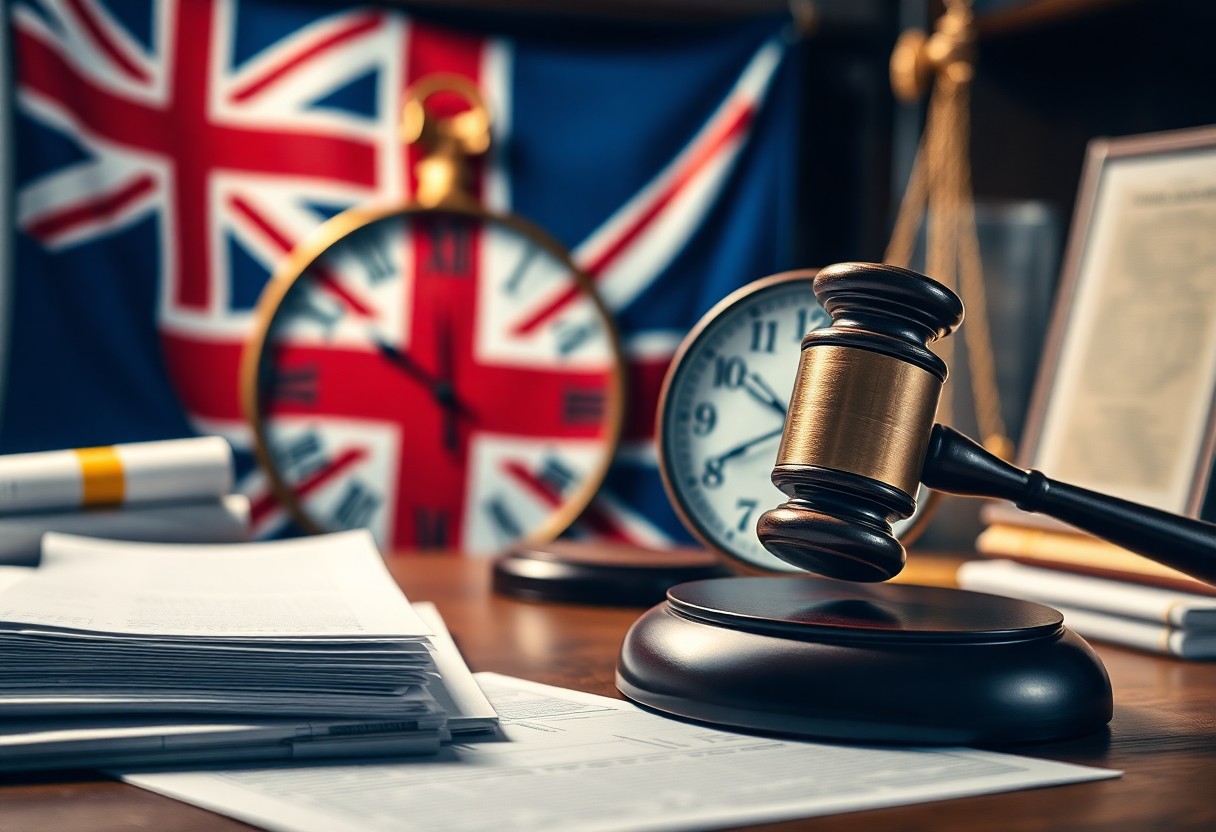


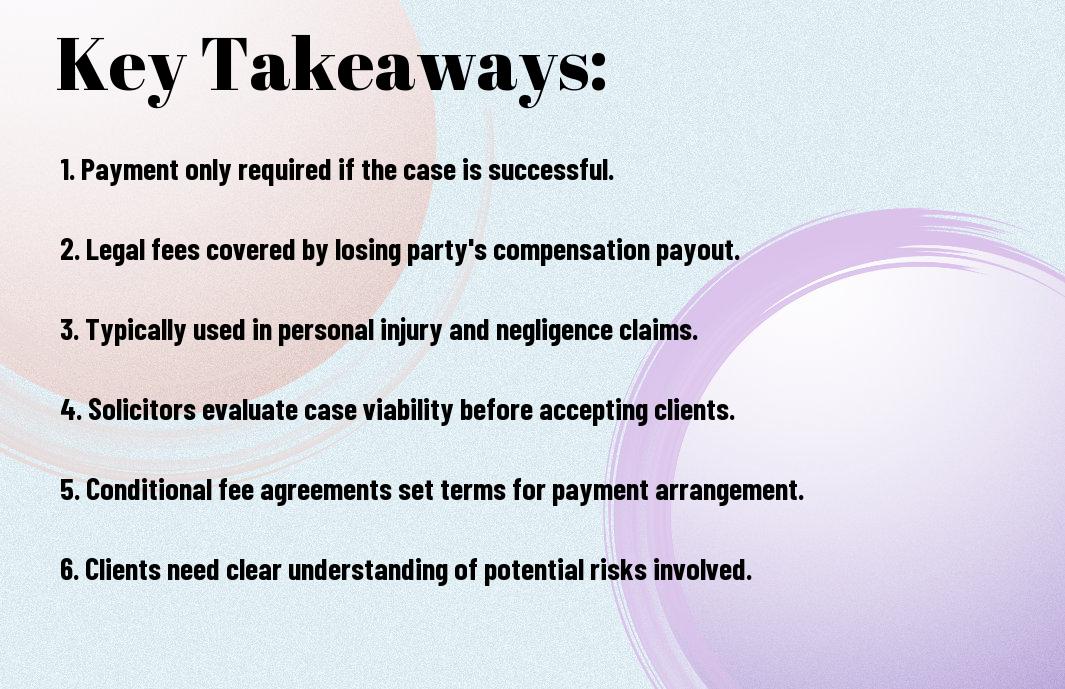
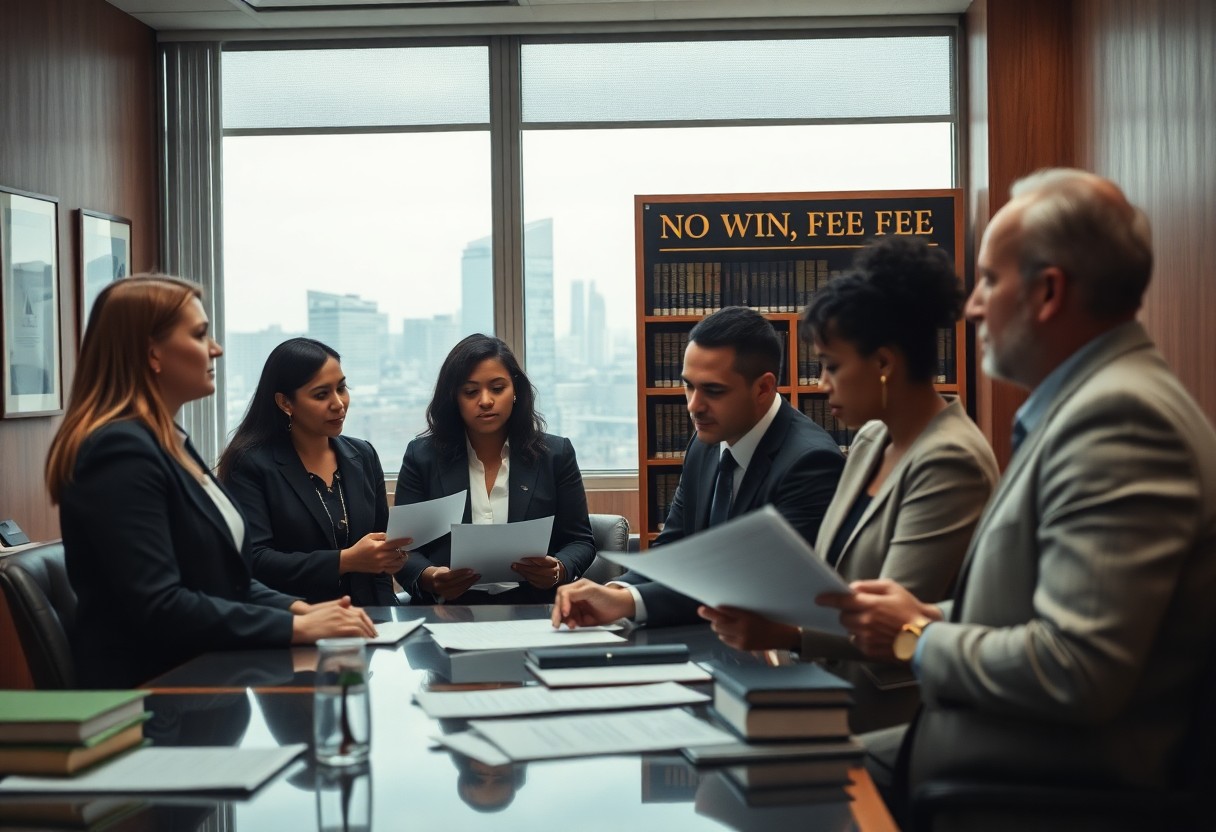
Recent Comments